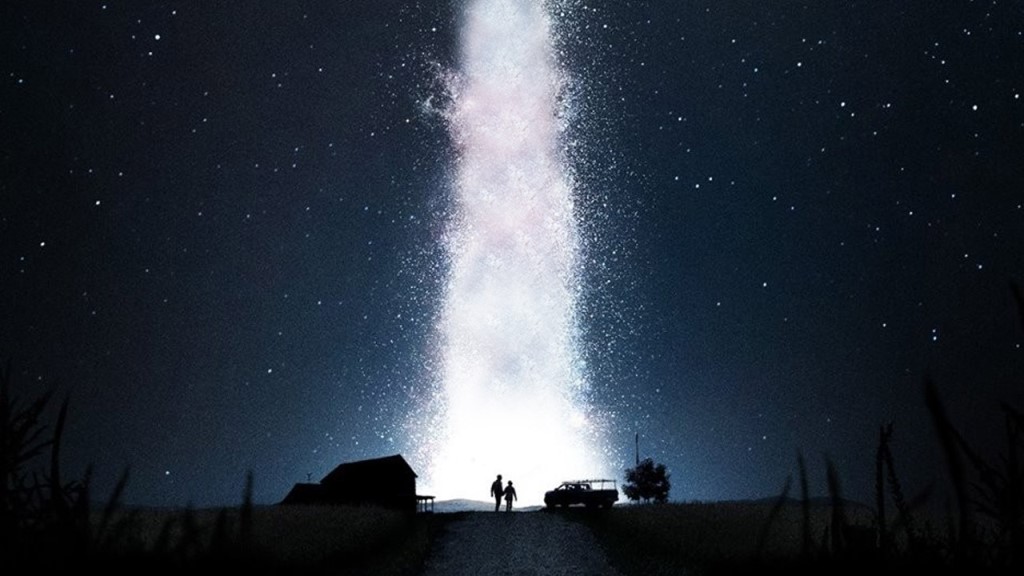
After months of discussing the potential of "Boyhood", I've finally gotten the chance to see the film. Way back in
January, I was wondering whether the film really had to goods the be an Oscar player. Well lo and behold, the film has now firmly positioned itself as the first genuine Best Picture contender of the year.
Richard Linklater's "Boyhood" is the end product of a monumental undertaking. Filmed over the course of 12 years, it follows the growth of a young boy named Mason (Ellar Coltrane), from age 5 to 18. Along the way, we see him go through the various milestones of early life (elementary school, puberty, first love, high school graduation etc.). It's quite simply, the most ambitious coming of age narrative ever put on screen.
Watching "Boyhood" truly feels like you're getting a window into someone's life. There's an unembellished quality in the acting, writing and directing that gives the film a strong sense of naturalism. As with any Linklater film, it's the sum of all the parts that makes it resonate.
In Ellar Coltrane, Linklater cashed in on a risky gamble. Critics often devalue the skill level of child performances (sometimes accurate when you consider the many failed child stars) but Coltrane is certainly a natural screen presence. From an early age his eyes conveyed a inquisitive, perceptive mind that gave credence to the artistic, free-thinking young man that he would become. The existential debates towards the end of the film serve a purpose for the film's themes but they also feel true to the character and the actor. As Coltrane ages into his teenage years, there's a slight awkwardness to his acting that fits perfectly with the role.
While Mason seems like someone who is predisposed to doing good things in his life, there's also the question of "nature vs nurture". In that sense, the impact of his divorced parents play an essential part in the plot. Played by Patricia Arquette and Ethan Hawke, they are the more refined actors among the main cast. Hawke effortlessly plays his effervescent self (he's mostly absent but there's no doubt that he's a loving father), while Arquette gets the crucial task of being the main provider and role model as a single mom. Her character arc is inspiring and she plays it beautifully. It's easy to see why her children (Mason's sister is played by Linklater's daughter Lorelei) would grow up to be such smart, caring and positive individuals.
As these characters grow and change through the course of the film, Linklater guides the plot with a light touch. He proves to be the consummate writer-director, as his writing doesn't announce its themes and the direction never gets in the way of the story. It's a specific portrait of Americana made universal through the struggles and concerns of its characters. Their lives are far from perfect, but you can sense the abundance of love - from outside and within - that lets you know that things will turn out fine. It's life-affirming in the most unassuming way, just the way Linklater likes it.
Linklater's style may not be distinct enough to be called a traditional "auteur", but there's a consistent underlying optimism that defines his work. Whether it's a marriage on the brink of collapse or young people trying to figure out what to do with their lives, he always leaves you with a token of hope. That he accomplishes this without straying far from realism is what makes "Boyhood" and the rest of his filmography so special.




















